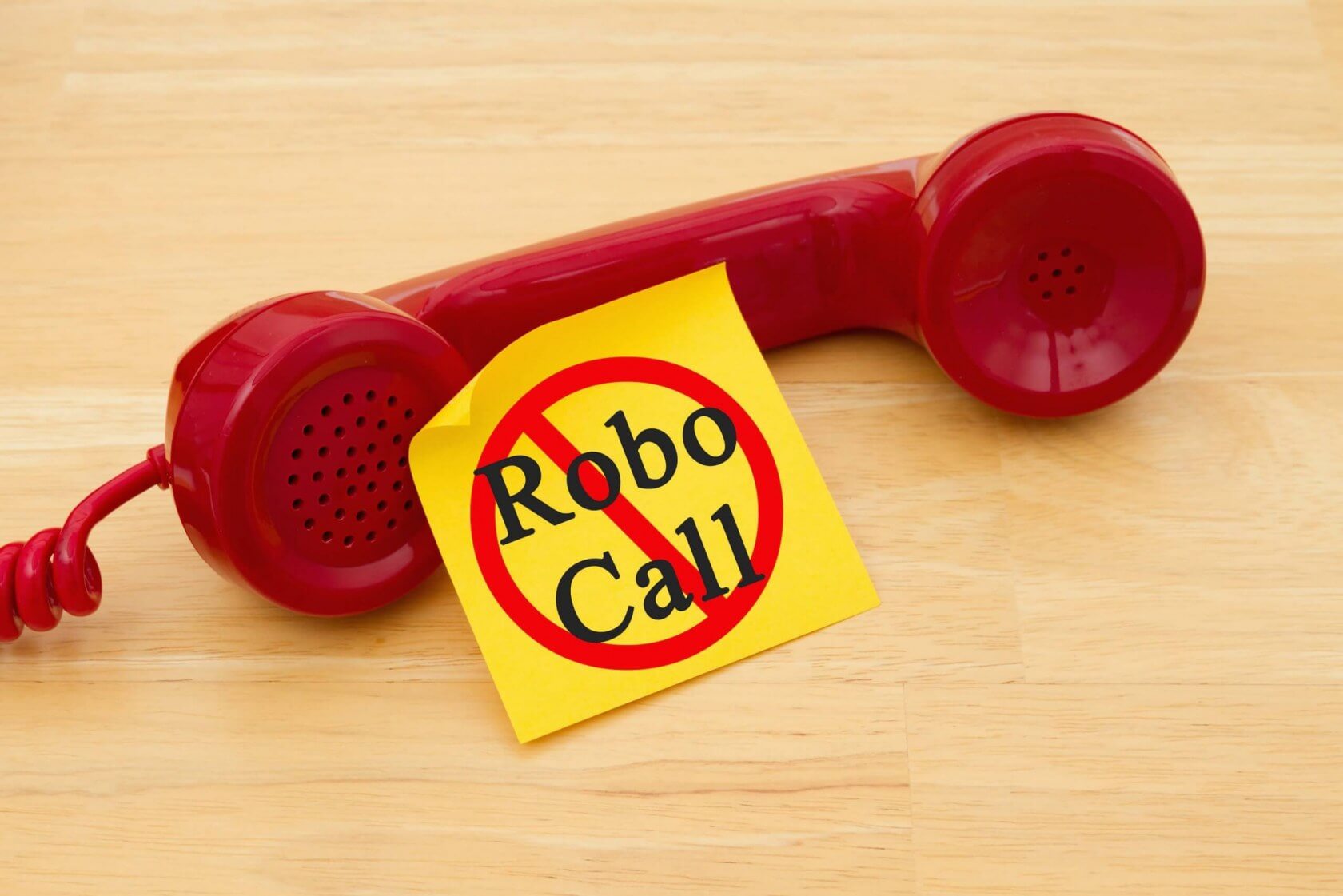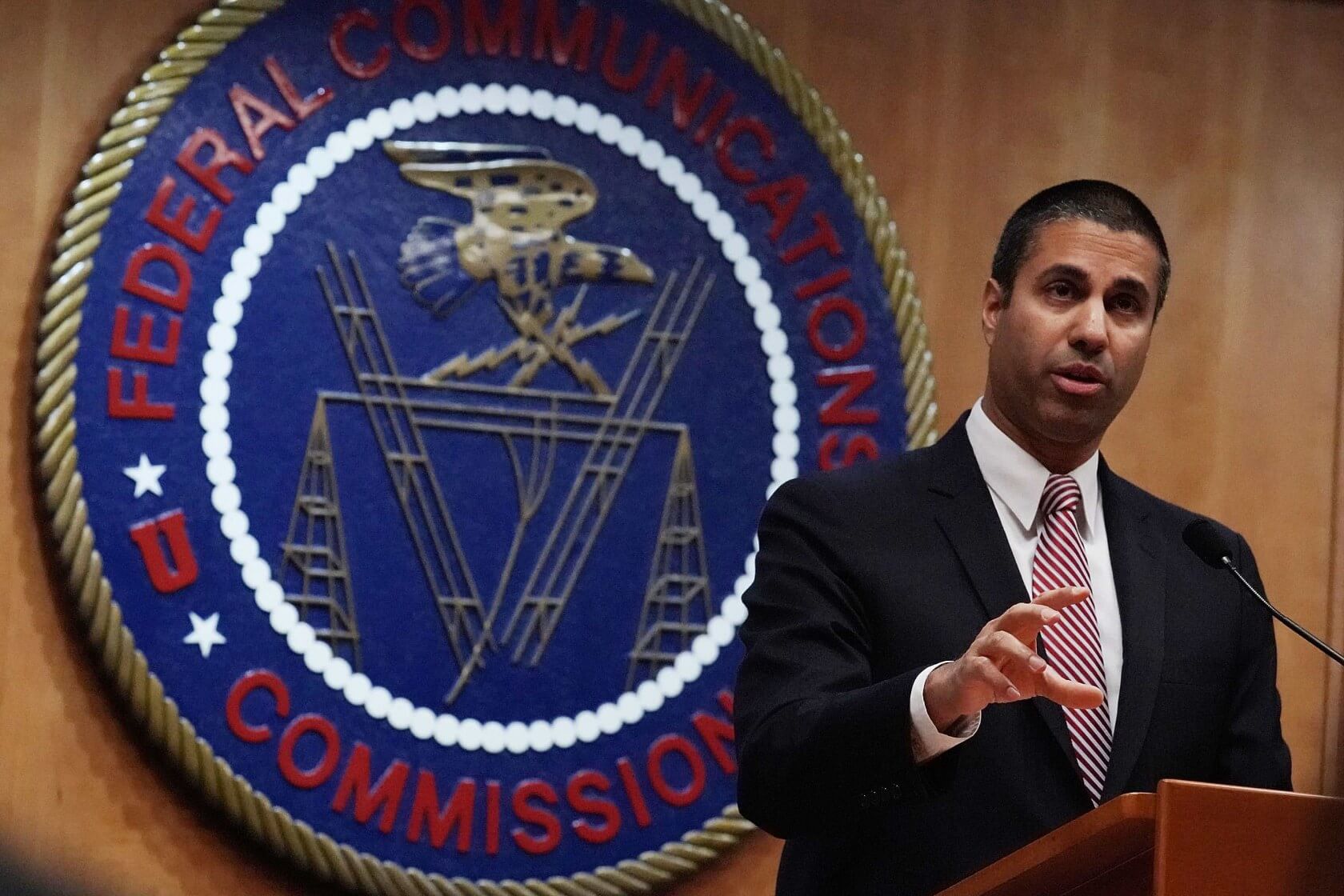In context: Robocalling companies haven't had it easy over the past couple of years. Corporations and government entities alike have banded together to tackle these irritating organizations, with the FCC leading the charge on several anti-robocalling initiatives.

Now, the regulatory board is bringing another such initiative forward. In a news release published today, the FCC proposed a $225 million fine against the companies behind some of the nation's biggest robocalling schemes: Rising Eagle and JSquared Telecom.
The FCC says this fine would be the largest it's ever proposed in its 86-year history, which is reflective of the "seriousness of the apparent violations." Violators reportedly placed roughly 1 billion spoofed robocalls (using faked numbers) within the first five months of 2019.
Rising Eagle and JSquared Telecom would use robocalls to falsely offer deals on health insurance plans from several big-name companies in the industry, including UnitedHealth Group, Blue Cross Blue Shield, Aetna, and Cigna.

If call recipients agreed to speak to a "licensed agent," they would be transferred to a Rising Eagle or JSquared call center. There, telemarketers attempt to persuade the transferee to sign up for a short-term health insurance plan with one of their clients, none of which had any affiliation with the companies mentioned before.
To make matters worse, the FCC says that Rising Eagle and JSquared Telecom would intentionally send automated calls to individuals on the federal Do Not Call list. John C. Spiller, one of the men behind this wide-scale robocalling scheme, believed doing so was more profitable than attempting to call numbers that were not on the list.
To be clear, this is just a proposal for now, and the FCC will not fine any alleged violators without due process. Rising Eagle and JSquared Telecom will have an opportunity to respond to this situation, and submit any evidence they believe will help their case.
https://www.techspot.com/news/85561-fcc-proposes-record-225-million-fine-misleading-robocalls.html